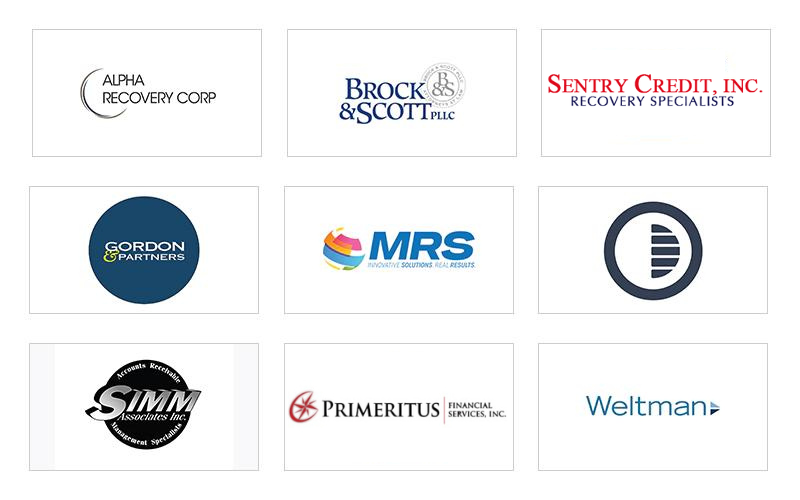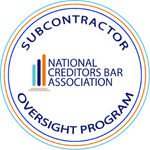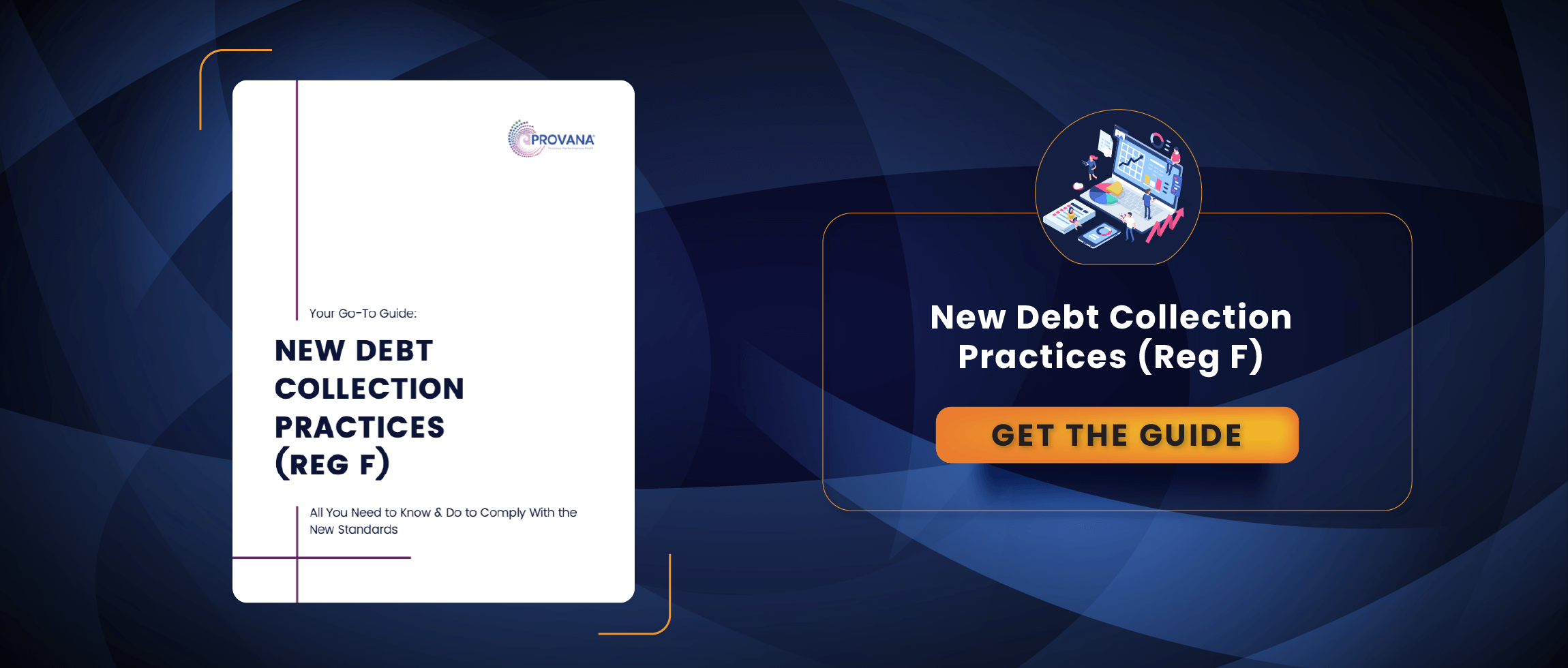Still Working on Reg F Compliance? Here’s What Consumer Attorneys Are Looking For
- February 24, 2022
- Category: Reg F

Recommended Reading
Even though the Consumer Financial Protection Bureau’s (CFPB) Reg F came into effect last year (Nov. 30), many collection agencies are still figuring out the complexities of the final rule. This explains why many agencies are still making mistakes around model validation notice (MVN) letters, the 7-in-7 rule, and staying on top of consumer consent. These also happen to be some of the top non-compliance areas that are on the consumer attorneys’ radar, according to a recent webinar hosted by AccountsRecovery.net and sponsored by Provana.
So, how can ARM firms use these insights to minimize their risk of lawsuit? Here are our four key takeaways from last week’s session.
7-in-7 compliance
At this point, take care of what is most crucial to protect your agency and where you face the most exposure. With disparate data sources and siloed systems, many firms are still struggling to comply with the 7-in-7 rule. So, if you are making outbound calls to collect a debt, don’t start until your call center is in sync with your compliance practice and/or any activity monitoring you have in place. This will help you fortify your operations against the consumer attorneys who might prosecute you for calling a consumer more than 7 times in 7 consecutive days.
Model Validation Notice
The number of lawsuits related to Reg F violation is expected to increase this year given that consumers’ awareness of the rule is also expanding. Agencies can expect to see some early lawsuits that will pay special attention to “substantially similar” modifications to the model validation notice. Hence, it is extremely important to check and re-check that the data you put in your Model Validation Notice (MVN) is accurate; the debt must be identified and itemized correctly.
Record retention
With the recent amendments to Reg F (under Section 1006.100), all debt collectors are expected to retain records that provide proof of compliance with the FDCPA. For example, it is a violation of Reg if you previously purged any documentation about an account where collection activity has resumed. Given that these amendments are recent and came into effect on Jan. 29, 2022, you might be targeted by a consumer attorney for deleting the record of documents no sooner than three years after the last collection activity on an account.
Consumer communication and consent
Other than the MVN, it is also important to draw from the additional guidance provided in the rule around “do not call” requests, inconvenient consumer time and place notifications, and customer preferences. This means it is increasingly important for agencies to re-train their agents on consumer communication and to digitally document the consumer’s preference.
With the rollout of Reg F, agencies are expected to see an uptick in consumers requesting various “do not call” or inconvenient time and place requests over time. This makes it important for agencies to seek consent on receiving Text & Email every 60 days. As a practice, it is also useful to train your agents to listen to consumers very carefully to ensure that subsequent communications do not run afoul of Reg F.








